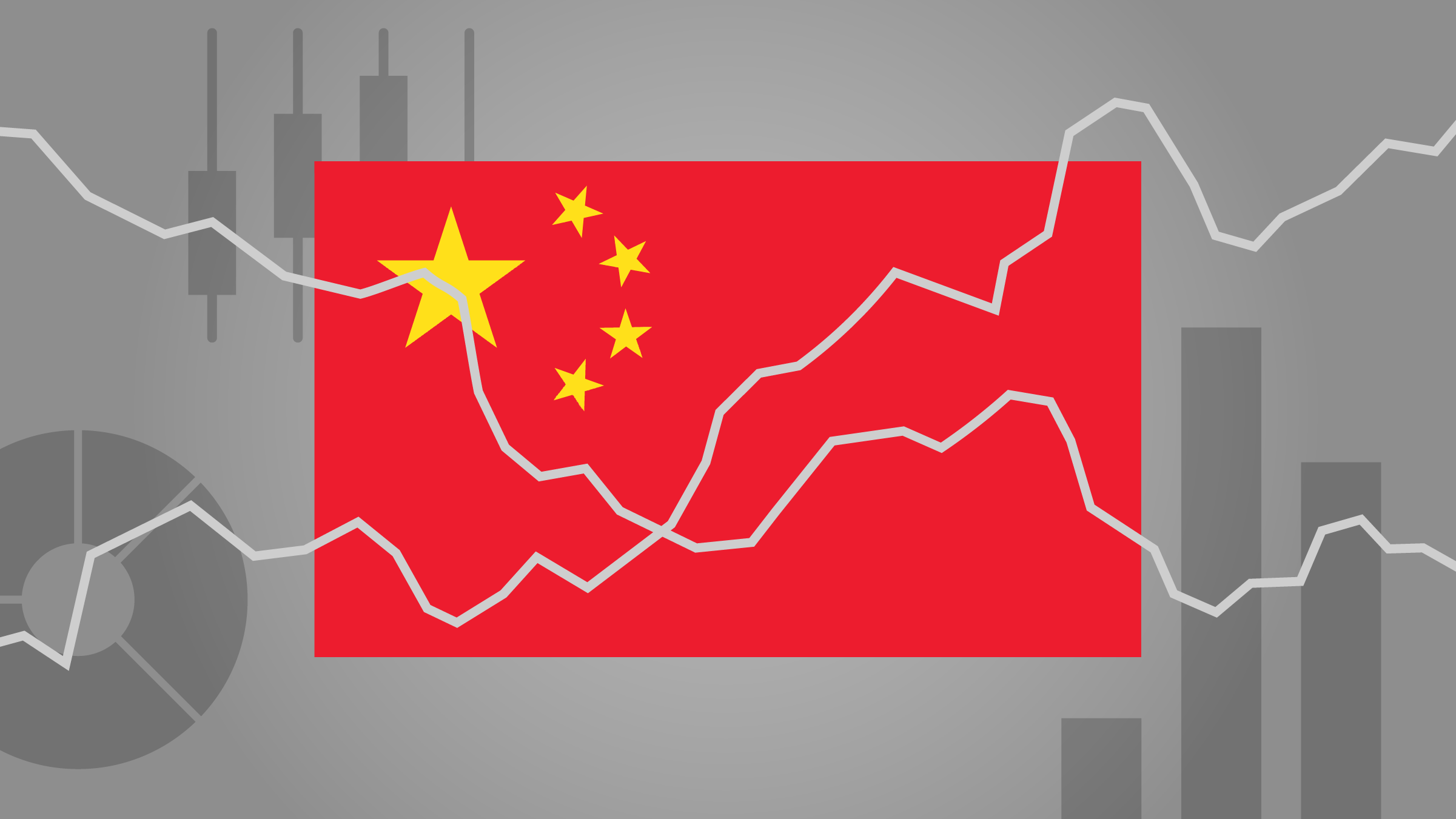
Just as the Chinese stock market was recovering after a long period of underperformance, Donald Trump’s comeback raised the prospect of a new trade war with the U.S. Domestic equity markets immediately fell after the election and fund outflows are already evident.
Asset managers focused on the region look at what that means for investors, and how China is likely to respond next.
Key Questions for Investors in China:
- Will Trump’s second term be a re-run of the last?
- Will China launch more stimulus and when?
- Are China stocks now more risky?
- Will China equity outflows continue?
China/U.S. Trade War Part Two?
What can investors expect? In the campaign, Trump promised tariffs of 60% or more on everything made in China in his second term in a bid to protect American industry and jobs.
These may not materialize, some argue.
“We think that the 60% tariff call may be a starting point for negotiations rather than a set-in-stone number”, says Lynn Song, chief economist for greater China at ING, in a note published on Nov. 6.
And despite the rhetoric, the first trade war ended in a truce after China agreed to take more agricultural goods from the U.S. Song says that a similar outcome this time – China increasing imports of U.S. goods – would be a welcome outcome for the new Trump administration and take the heat out of the fraught diplomatic situation.
Sandy Pei, senior portfolio manager, Asia ex-Japan, at Federated Hermes, tells Morningstar that the China economy has already changed in advance of the change of U.S. government next year.
Chinese companies have set up alternative manufacturing bases, in south-east Asia, eastern Europe and Mexico, while some companies have capacity in the US too.
Pei thinks that there is also room for some Chinese currency depreciation, which makes exports cheaper and imports more expensive. While some of the impact of tariffs will be shared by consumers, “the net impact should be manageable”.
Whatever happens, the tariffs won’t be immediate. ING’s Song believes that the earliest time for tariffs to occur will be the third quarter of 2025, with a more likely timeframe of the fourth quarter of 2025 or even first quarter of 2026.
China Stimulus Now?
Over the last few months, a common argument has been that a Trump win and the perceived shock from additional tariffs would lead to a more aggressive stimulus response from China to offset the likely loss from exports.
This follows previous efforts to jumpstart the local economy, for example the first monetary stimulus package in September, which gave a shortlived boost to markets.
“We are in a typical liquidity trap”, said Erik Lueth, global emerging market economist at Legal and General IM, during a video interview with Morningstar, “and we don’t think that, at the stage where we are, this will do the trick”.
On Nov 11 China unveiled a 10 trillion yuan (USD 1.40 trillion) debt package to ease local government financing strains and stabilize flagging economic growth. The plan amounts to a one-off increase in the CNY 6 trillion local government debt issuance, over three years, and CNY 4 trillion special local government debt issuance under the annual quota, over five years.
“While the scale of this programme is at the upper end of expectations as far as markets are concerned it is what they didn’t say that was more important. [There was] no mention of buying unsold property or stimulating consumption”, says Justin Thomson, CIO and head of international equities at T. Rowe Price, in an interview with Morningstar.
“China is not prepared to front-run any move on tariffs and are keeping powder dry for the new year”.
Are Chinese Stocks Riskier Now?
The initial Chinese equity market reaction to Trump’s victory showed modest capital outflows as well as price falls. According to Morningstar data, in the week following the US election (Nov. 5 – Nov. 12), global investors pulled out USD 1.1 billion from mutual funds investing in Chinese equity.
Hong Kong’s Hang Seng index bore the brunt of the post-Trump selling pressure, falling more than onshore markets in Shanghai and Shenzhen. This shows that foreign investors are more concerned that domestic ones about the change in president, Song says. And the performance of some Morningstar Gold-rated funds in 2024 has been impressive, as this table shows:
“Trump’s victory does not change our outlook for Chinese stocks”, says Sandy Pei, as “the market has priced in continuous geopolitical risks”. Federated Hermes fund managers believe that the current outlook remains uncertain, but the country is in a phase of necessary transition rather than a long-term decline. They remain optimistic that China can successfully transform its economy, although it will take time and will never be painless.
Pei adds that Trump policies may negatively affect exporters that compete in industries that have established competitors in the U.S.
“Domestic replacement”, where Chinese companies manufacture for their home markets rather than export, is a powerful force, Pei says. This is evident in tech, healthcare, and high-end consumer companies, as well as manufacturing companies that are industry leaders with supply chains outside of China.
Investors could continue to shun China, even after the small rally this year, with Trump’s second term in 2025 adding further uncertainty. Still, ING’s Song argues that domestic catalysts, such as future stimulus packages and economic reform, could play a bigger role for Chinese equities
And Chinese stocks are trading at cheap valuations not seen in about a decade. According to CEIC data, the Shanghai Stock Exchange’s price-to-earnings ratio is at its lowest since late 2015. In addition, according to Morningstar’s Global Market Barometer, Chinese equities are currently undervalued by 18% relative to the fair value of stocks covered by Morningstar’s analysts.
The author or authors do not own shares in any securities mentioned in this article. Find out about Morningstar's editorial policies.
























